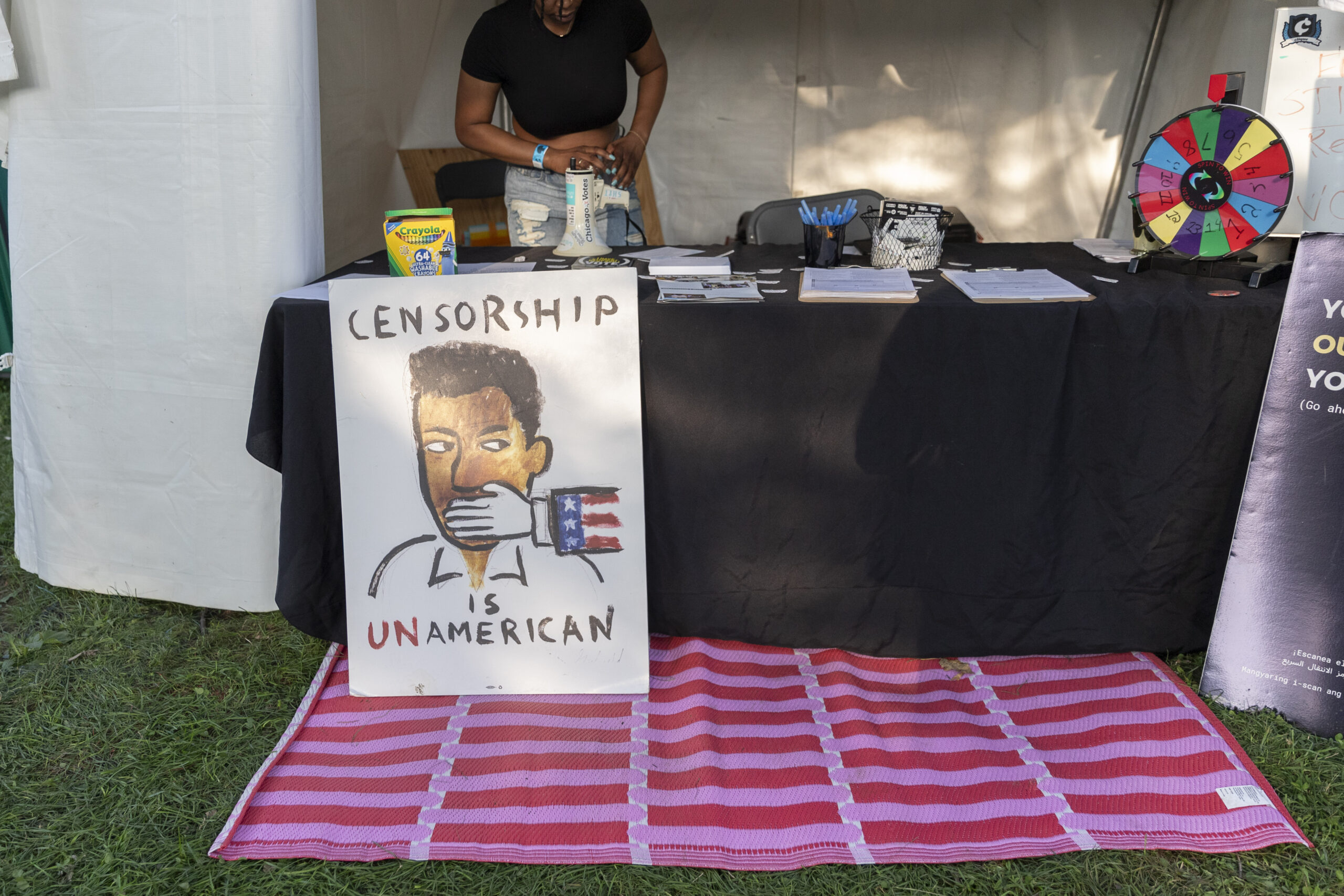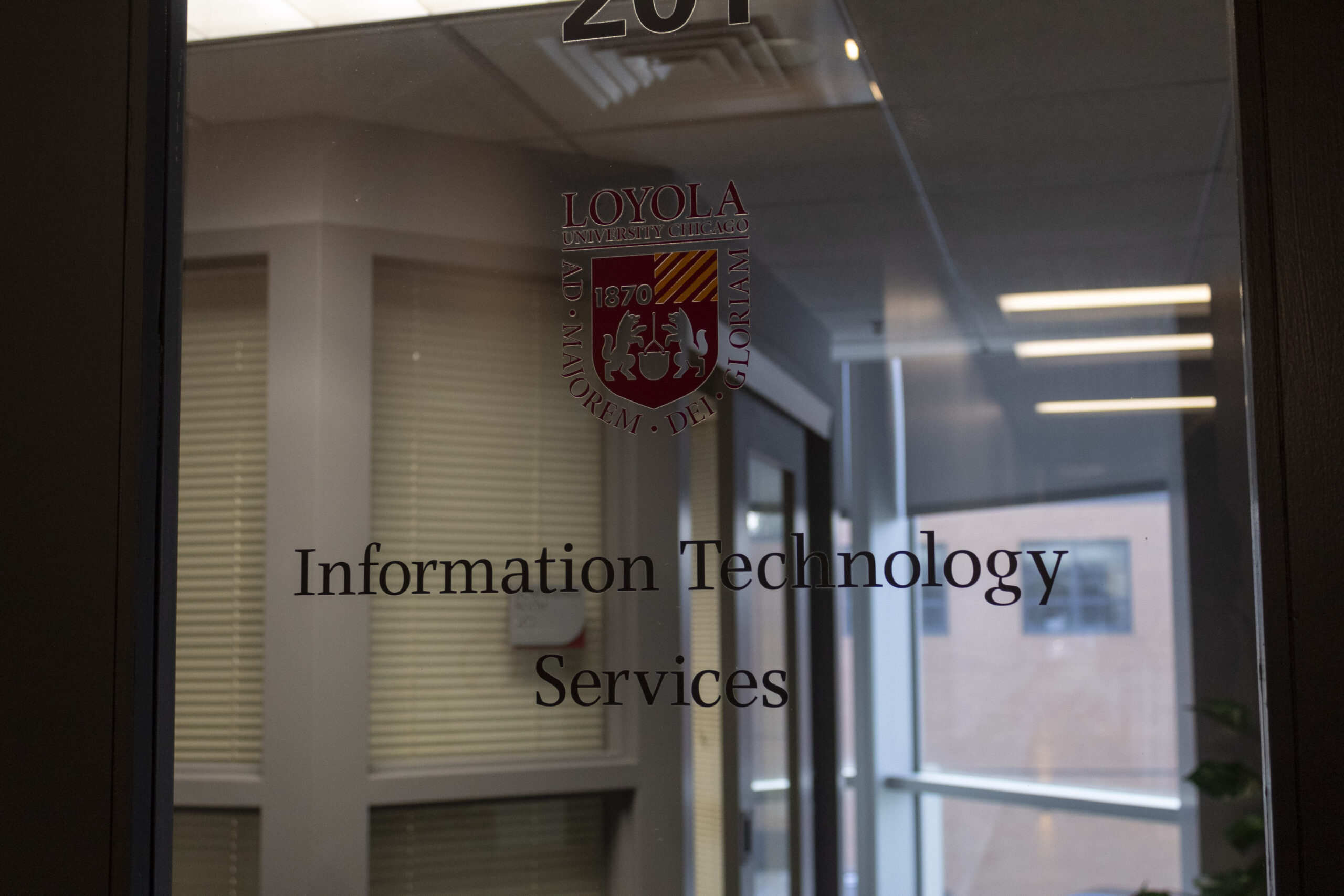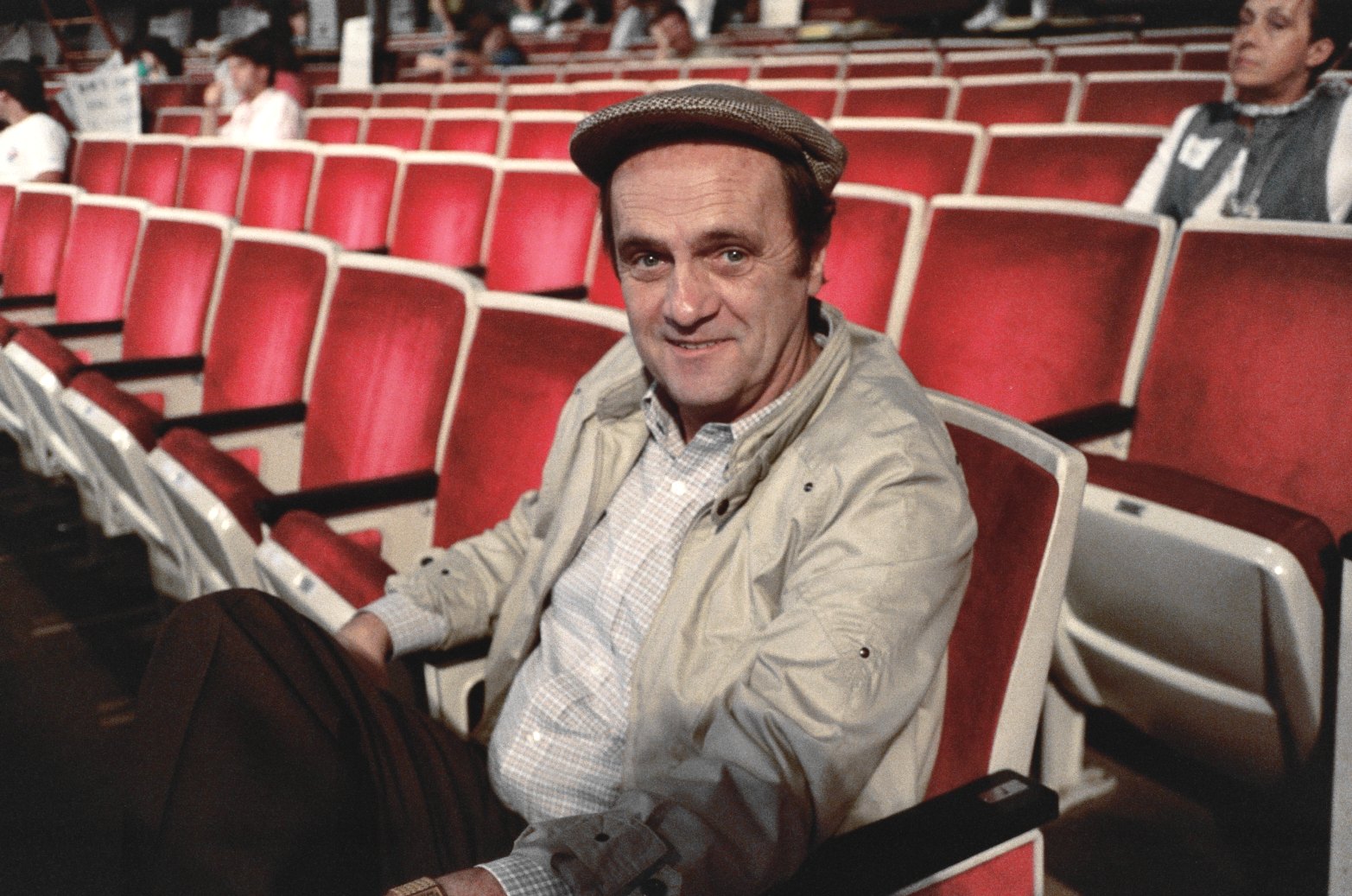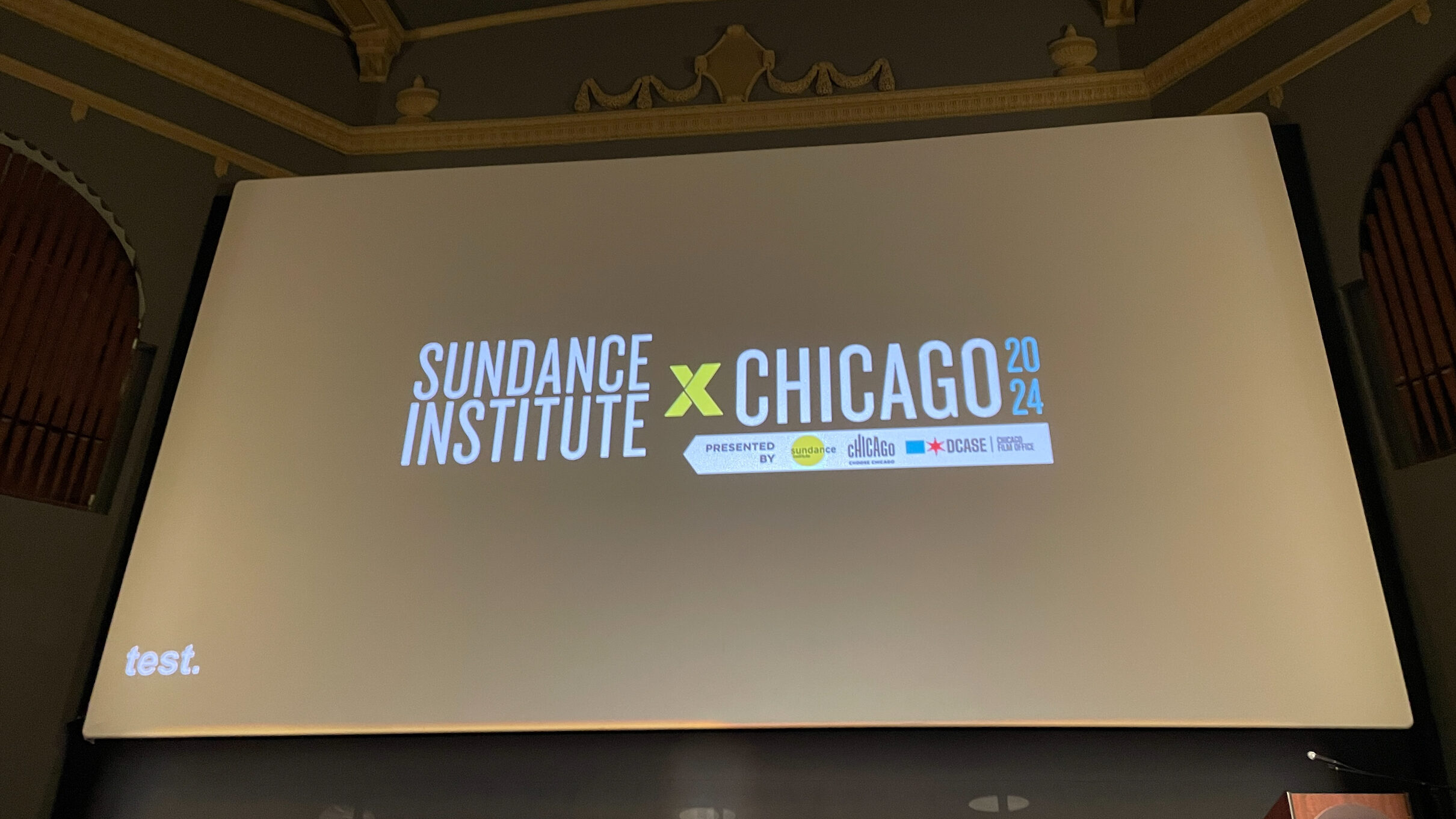At the end of each semester, in the midst of finals season, students’ inboxes are flooded with messages from Loyola’s Office of Institutional Effectiveness imploring students to complete course evaluations for each class they’re enrolled in.
At the end of each semester, in the midst of finals season, students’ inboxes are flooded with messages from Loyola’s Office of Institutional Effectiveness imploring students to complete course evaluations for each class they’re enrolled in.
“We know that this is a hectic time for you, but student feedback really is important,” one email reads. “We are asking you to spend a few minutes to evaluate these course(s).”
While the promise of prioritizing student feedback seems like a benefit to the overall academic experience, submitting these surveys sometimes feels like a fruitless effort.
The evaluations consist of questions regarding the effectiveness of each course’s organization, course materials and objectives. In addition to this, students are asked to evaluate the instructors for each of their classes. Questions in this section of the survey focus on inclusivity and guidance, instructors’ ability to present course materials and overall effectiveness.
These evaluations are submitted anonymously by students and are intended to be a confidential space to submit feedback in hopes that change will be implemented. When course evaluation results demonstrate a professor is unsuccessful in fostering a comfortable and educational classroom, this should be reflected in how the course is taught and organized in the future.
Similarly, when students’ course evaluations prove a professor goes above and beyond to create a welcoming and academically enriching environment, their effort should be acknowledged and rewarded.
However, we too often see students provide honest feedback through course evaluations only for class instruction and material to never change.
Professors who have consistently received poor assessments are able to maintain their positions and teaching styles despite obvious frustration and distress from students year after year. On the flip side, the work of professors who have inspired and uplifted students lack recognition from the university.
Since the end of November, Loyola students have received several emails regarding completing course evaluations. While the pressure from the Office of Institutional Effectiveness and professors to complete the surveys seems high, many students — including those on The Phoenix Editorial Board — question whether there is any point in writing truthful and comprehensive evaluations.
What we hope is that both parties involved value the system that is offered. Students are the only ones who truly know the inner workings of a classroom environment. While a small percentage of course evaluations may come from a place of dejection after receiving a bad grade, the majority of students do care about those taking the classes after them. Administration needs to understand this.











